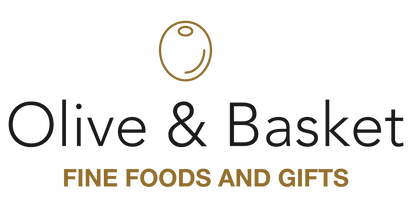$12 FLAT RATE or FREE SHIPPING AT $99+
(after discounts, before tax – continental U.S. only, excludes Alaska & Hawaii)
$12 FLAT RATE or FREE SHIPPING AT $99+
(after discounts, before tax – continental U.S. only, excludes Alaska & Hawaii)
Why Is Olive Oil Called "Extra Virgin"
January 10, 2021 2 min read

Did you know that there are professional olive oil schools?
When I moved to Italy, I fell in love with the people, the architecture, the food and the olive oil. I was so surprised how good the olive oil was and how each bottle tasted different. Food is very sacred to the people of Italy. Certain foods have different certifications and designations—it is quite unique and special!
I made the decision before my visa expired that I was going to attend an olive oil school and come back to the States to open a gourmet food shop. I ended up going to the oldest international olive oil school in Italy. They only have 2 English speaking classes a year and I was lucky enough to be accepted. It was fantastic but challenging!
I received my certification as an “olive oil taster”. People who attend this school go on to work for olive oil companies. They sample oils and are tasting for defects in the flavor. If the oil has defects, it cannot be labeled “Extra Virgin Olive Oil”.
Here is why olive oil is called “Extra Virgin ”, as governed by European standards.
- it has been produced by a simple pressing/mechanical expression of the olives. Other grades like “olive oil” is usually produced using chemicals and other processes to extract the oil from the olives.
- extra virgin must meet certain laboratory tests on things like acidity and levels of peroxide.
- it must taste like olives and it can’t have any negative tastes that professionals refer to as "defects", such as musty, muddy, rancid, etc.
- Not all olive oils labeled as Extra Virgin Olive Oils are true to European standards.
So, if you have any questions about your oil--come see me! I love to talk about EVOO!
Leave a comment
Comments will be approved before showing up.
